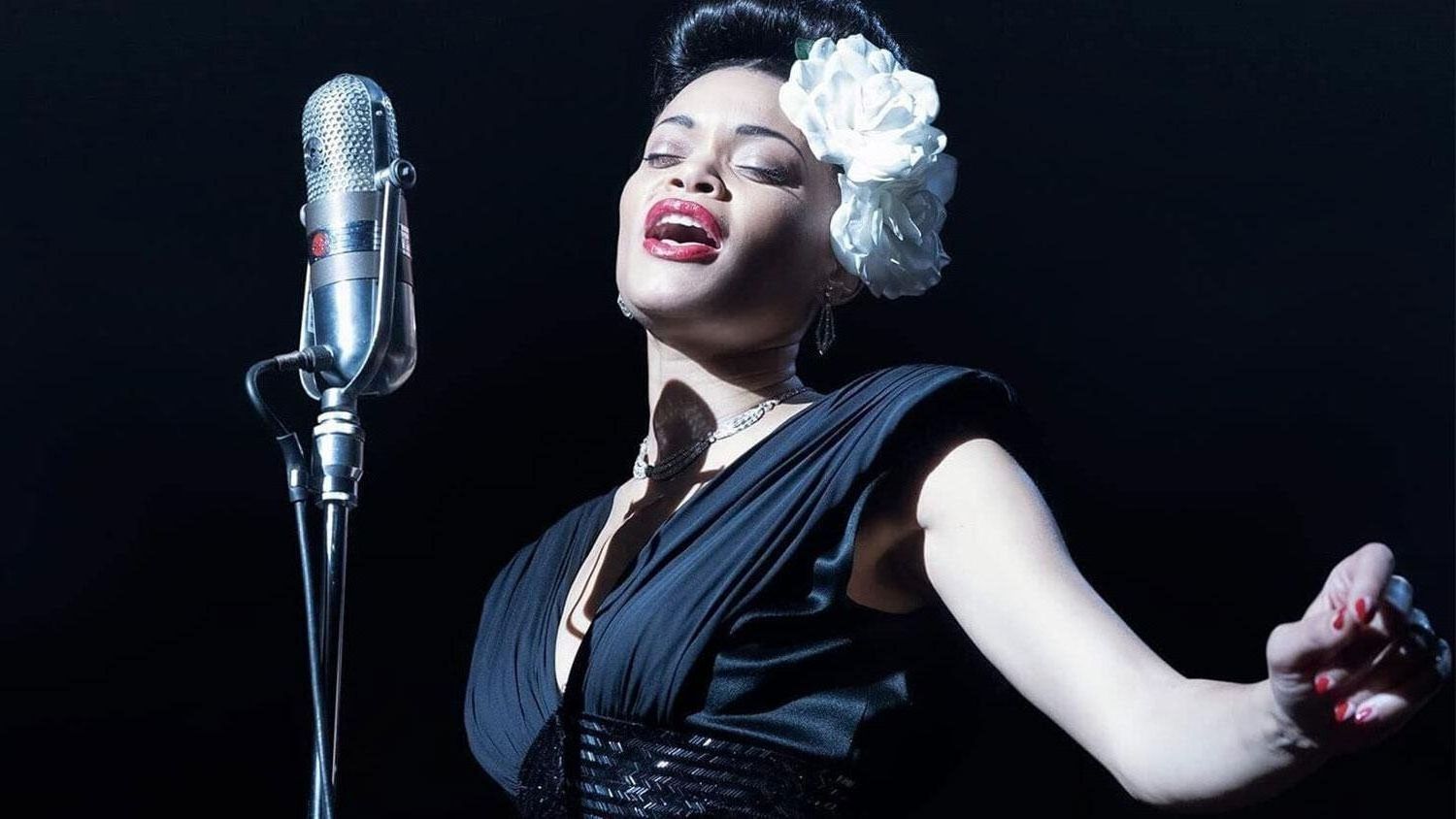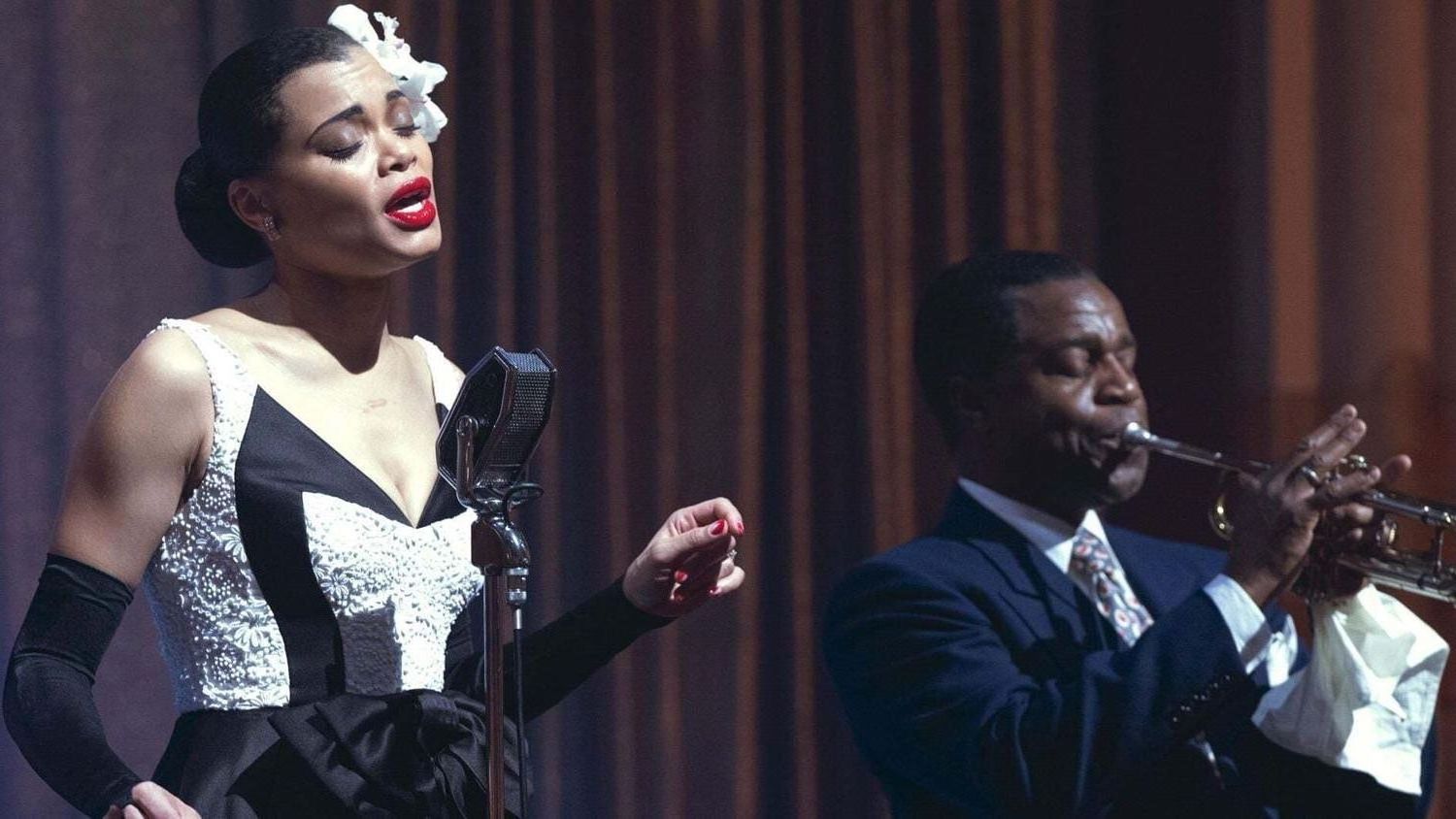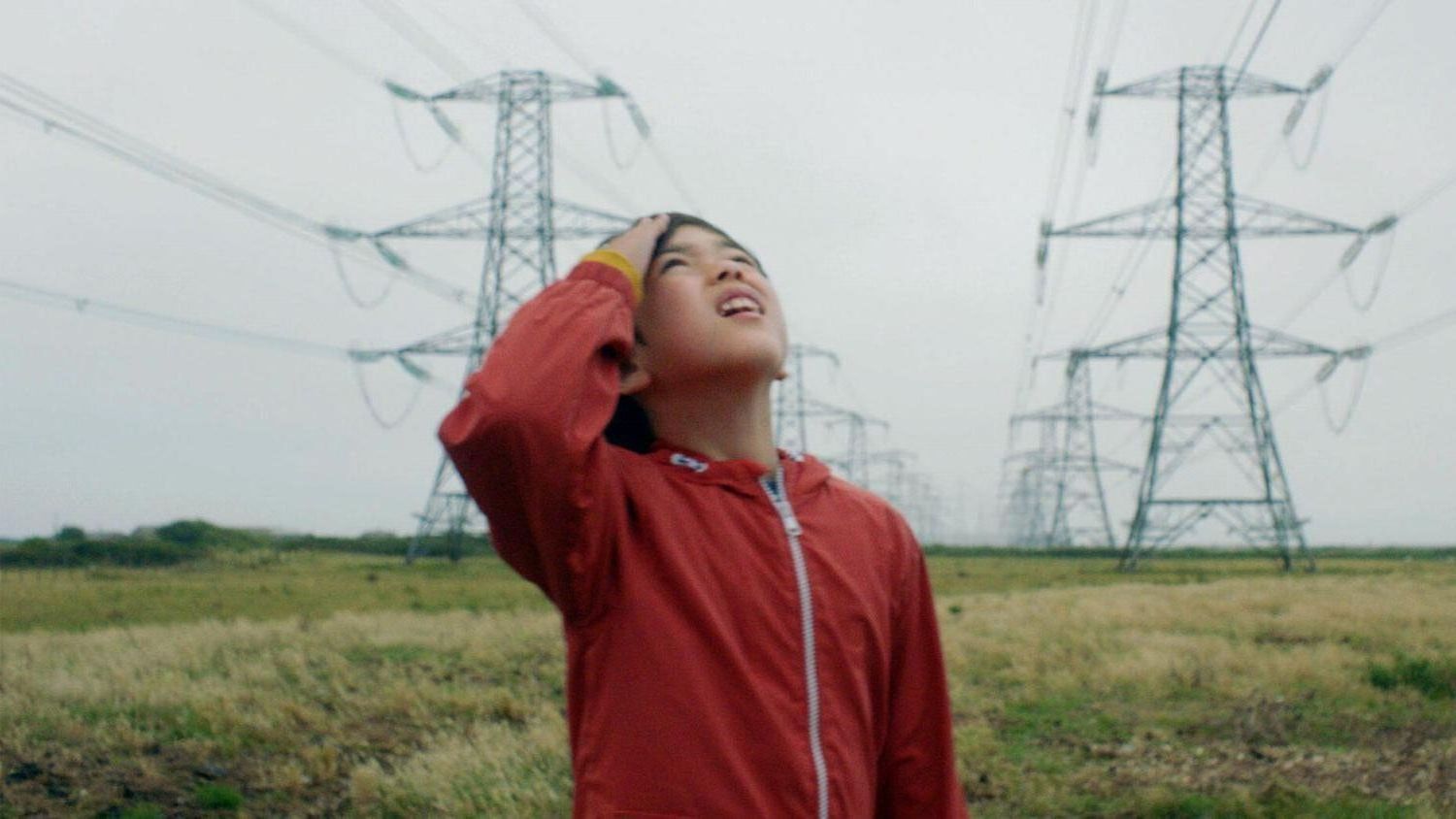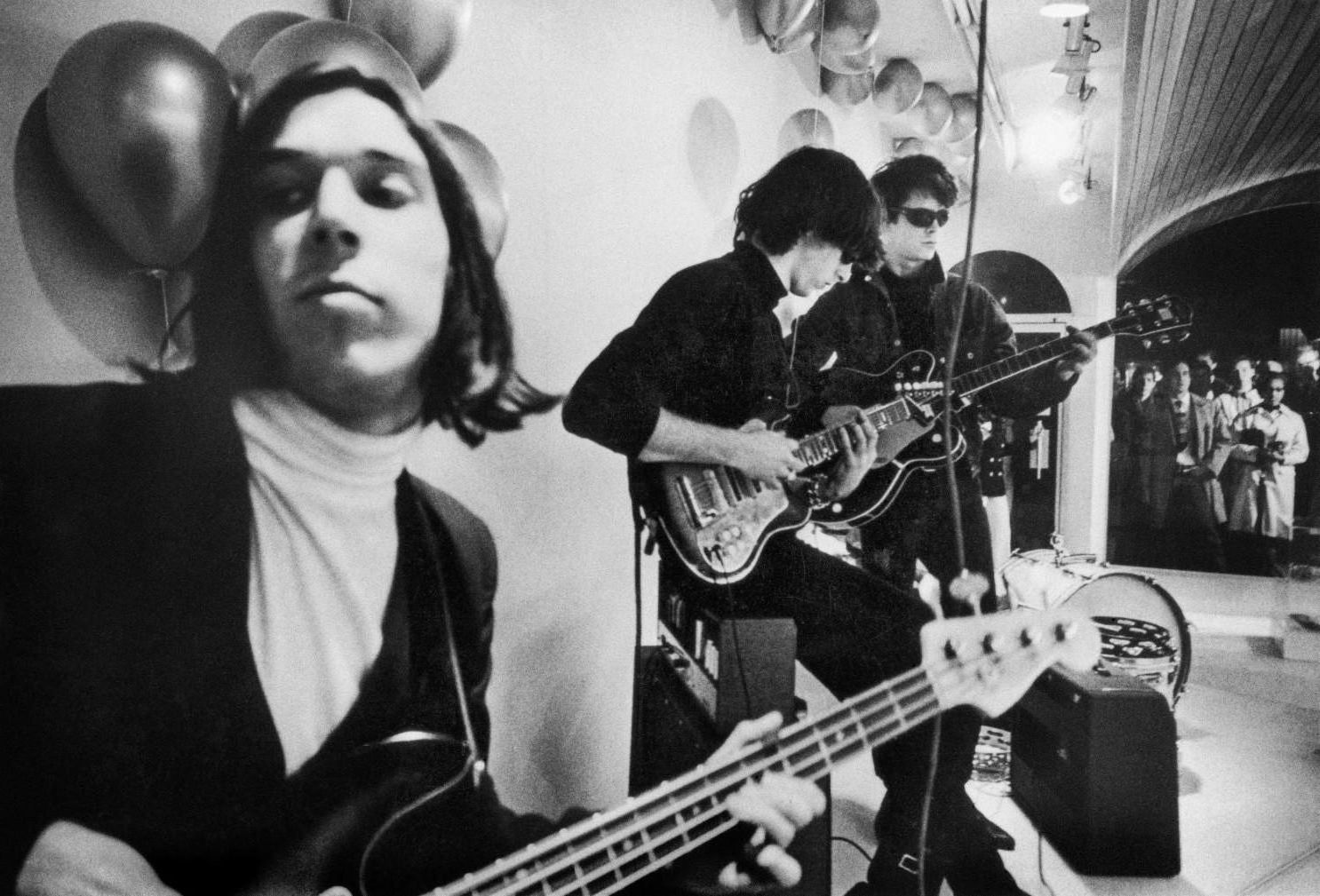
The United States Vs. Billie Holiday Review Movie
The United States Vs. Billie Holiday Review
There's a real force in the narrative of a song that is so enthralling and shockingly true and likely to ignite the fires of a whole civil rights movement so that even the American government regards that it's a danger to be prevented. This is a part of the story that's in Lee Daniels' The United States against. Billie Holiday — looking at the legend of the famous jazz vocalist as well as her powerful, stark track "Strange Fruit" about lynchings and racial discrimination in the American South — it's an aspect that's often overlooked in a jumbled picture of her life and the environment she lived in.

The focus of the film flits between "Strange Fruit," through Holiday's drug addiction to her possible romantic relationships with Tallulah's Bankhead (Natasha Lyonne) and Black undercover Federal agent Jimmy Fletcher (Trevante Rhodes) and her relationships with mostly abusive menthe same goes for the structure. Its narrative's frame is a revealing conversation of Reginald Lord Devine (Leslie Jordan) in the year 1957. after that, the United States Vs. Billie Holiday goes back to 1947, when her performances in nightclubs such as Cafe Society remain under close surveillance of the FBI. In the next few minutes, we'll take a look at a brief summary of Holiday's experiences with the harassment she endured on a personal and larger scale during the following decade, as the FBI employs her drug use to lock her up and prevent her from singing the song that shook the world.
It is often felt more like it's a movie about the world that is the people, the forces that surround Holiday.
This results in a movie that is often dull and uninteresting, bouncing between scenes (the movie's trial and subsequent jail time is surprisingly early and is an insignificant part of the narrative) but never getting to the core of Holiday herself. With a myriad of side characters who float in and out of the narrative It often feels like a documentary focused on the universe, people and the forces that surround Holiday and yet, even so, it's unable to really connect to the most compelling storylines. When Rhodes' Jimmy Fletcher finds himself constantly being instructed from his bosses in white to come up with an excuse for bringing Holiday lower, his personal conflict is uncovered but without being asked any questions.
In spite of its incessant time-span and unreliable dialogue, what United States Vs. Billie Holiday has is a stunning central performance by American artist Andra Day, captivating as the woman caught in the eye of the hurricane. Her holiday is complex that is constantly facing all kinds of adversities the world can throw her Sometimes charming, at sometimes a nightmare. In her role as a performer, Day is commanding in the stage scenes, with her husky voice perfectly perfect for the role of Holiday's dark vocals. It's a moment that alone is a worthy endeavor.
Day's performance is stunningly captured with Andrew Dunn's cinematography captured on film using anamorphic lenses to create a stunningly tactile, tactile look that is full of atmosphere. Despite the fact that the film focuses with uncomfortable images featuring historical footage that depicts Black victimized by white violence, as well as images of violent sexual encounters The film has a purpose to the film's presentation. A stunning single-shot scene sees Holiday depart her bus, only to come across the horrific aftermath of a lynching and then breaking down in the home of the victim, stumbling into a backstage area in which she is preparing to take a shot, finally being escorted to a stage in which she sings "Strange Fruit" in full. In that moment, Daniels knows exactly what is happening, with the camera focusing focused on Day's face throughout the entirety of the track. What if the rest the film was as sharp and clear in its focus.

